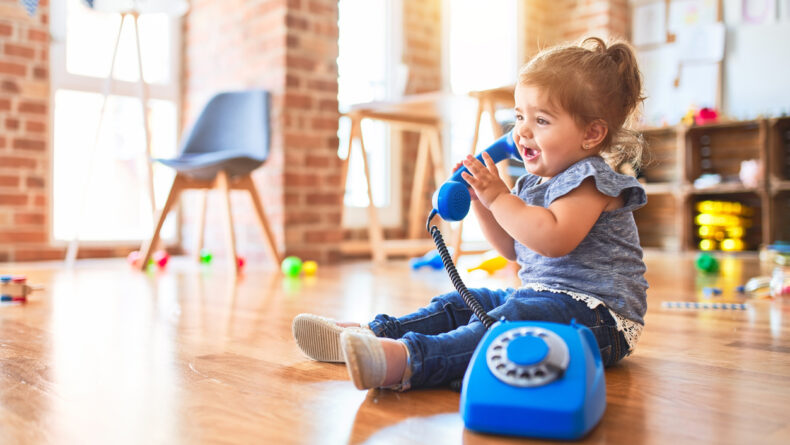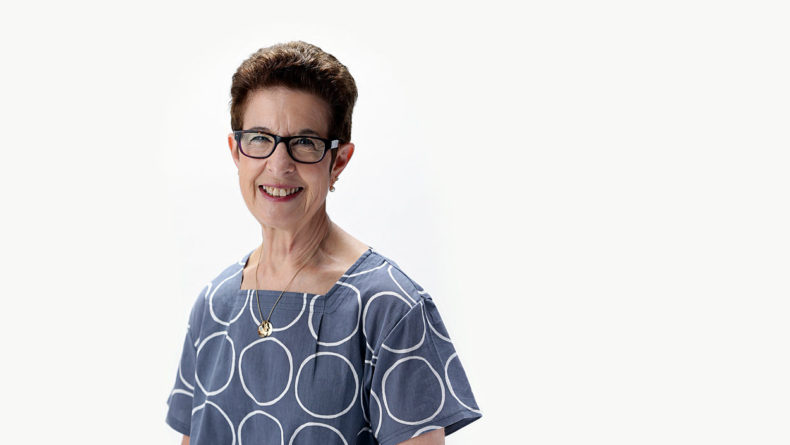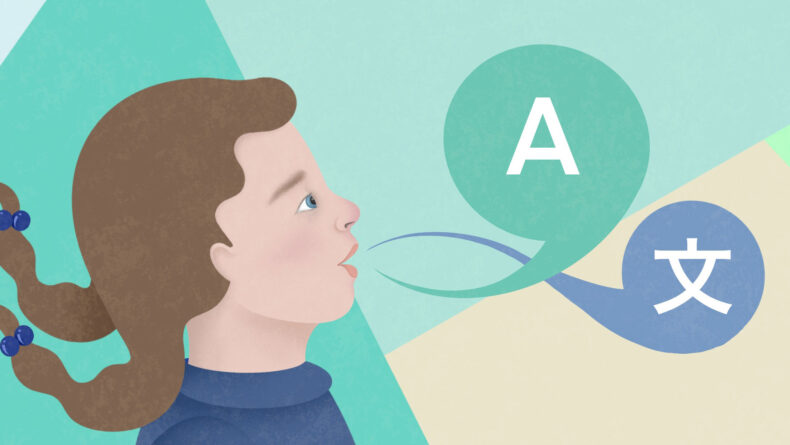Letters from Japan: ‘Speech Troubles’
Ask Hilary: Questions From Readers Answered
Savvy Tokyo's resident "Love in Japan" columnist, Hilary Keyes, answers anonymous questions from readers on everything from dating in Japan to women’s health issues. Got a question you’d like to ask Hilary? Send it to askhilary@savvytokyo.com.
Hey Hilary,
My question is not about a relationship. It’s about my soon-to-be four years old daughter. She has speech and language delay. She can only say a few words properly and cannot form a simple sentence. We took her to the doctor for autistic tests but it seems like that is not the case. We are trying our best from our side but there is hardly any progress. Her friends are far ahead of her in communication and other activities, so she will be left out if she cannot catch up. We are even thinking of consulting language therapists too, but it’s very expensive. I really do not know what to do further, so I thought I could use your advice.
—Worried Dad
Dear Worried Dad,
I can understand why you must be worried. Speech and other developmental delays are a cause for alarm for any parent, however, given that your daughter is nearly school-aged, if not already in nursery school, I am somewhat concerned that you are only addressing this now.
Have you discussed these issues with her primary care physician? If not, you should make an appointment and have both parents present to discuss this as soon as possible. Is daycare/nursery school aware that she is behind, and are there steps in place to help her? This is something you will need to consider as certain schools might be better suited for her needs than others as she gets older.
As you have not mentioned what the other delays are in detail, I’ve focused solely on speech development, but strongly encourage you to reach out or get referrals to child development specialists in your area that can more accurately assess your daughter’s specific needs.
reach out or get referrals to child development specialists in your area
According to the majority of experts, the average two-year-old can say about fifty words and speak in two-to-three-word sentences, while a three-year-old should know about 1000 words and speak in three-to-five-word sentences. You said your daughter can only say a few words properly and cannot form a simple sentence, which are the hallmarks of a speech delay.
There are several types of speech delays, however, and sometimes children go from saying very little to talking their heads off. Developmental guidelines are just simply guidelines, however, various factors can have an impact.
The most common causes of a speech delay are:
- Slow development (‘late bloomer’)
- Hearing loss/issues (such as chronic ear infections and damage to the ear canal)
- Mouth issues (problems with mouth, tongue, or palate, such as ankyloglossia or ‘tongue-tie’)
- Childhood apraxia of speech (knows how to speak but has difficulty moving mouth/tongue properly)
- Intellectual disability (a number of possible conditions)
- Autism
- Elective mutism (child doesn’t want to talk)
- Psychosocial deprivation (adults do not engage enough with the child)
- Bilingual home
- Use of Tablets/Smartphones, TVs
Living in a bilingual home can affect speech and language development in children because the interaction of multiple languages can be confusing to them. Trying to learn two languages at the same time is no mean feat for an adult that already knows a language. If you don’t know any language to begin with then that’s doubly difficult.
A child in a bilingual house may take even longer to learn either language or to speak simply because they don’t know how to use either language properly. They may even arbitrarily ‘choose’ one language as their main language until they become comfortable speaking both. For more information on raising bilingual children, please refer to this article.
A child in a bilingual house may take even longer to learn either language or to speak simply because they don’t know how to use either language properly.
Screen time is another important factor that needs to be considered. Does your daughter spend more than 30 minutes to an hour a day watching TV, using a tablet, etc? If so then that could be causing her speech delay.
The Hospital for Sick Children in Toronto, Canada followed almost 900 young children between six months and two years of age and found that the higher the amount of screen time a toddler experienced, the more likely they were to suffer from a speech/language delay. There was a 49 percent increased risk of expressive language delay for each additional 30 minutes a child spent with a tablet/TV each day.
There are a number of things you can do in order to narrow down the potential reason behind speech delays. Have you had your daughter’s hearing tested? Has she ever shown signs of not listening or seemingly not hearing something that is happening around her? If you haven’t had her tested or she does show signs of not hearing, then have her checked by a medical professional. It could be an underlying issue with her tongue or palate as well that a doctor should be able to diagnose through proper testing.
As you stated, you had her tested for autism—has she been tested for other intellectual disabilities/conditions? You said she is falling behind her peers in other regards, which could indicate that she may be suffering from something that would require delaying her education or having her attend an alternative nursery/primary school.
What concrete actions are you taking to help your daughter’s speech development?
You also stated that you (and your partner) are trying your best, but haven’t mentioned what steps you are taking to help her. What concrete actions are you taking to help your daughter’s speech development?
Reading to your daughter, talking to her about various things, and just speaking to her as much as possible are vital for speech/language development.
Those are also key ways in which to assess her speech yourself. If she is having trouble hearing one or both of you, doesn’t seem to understand one or both of you, or if you are speaking different languages and she reacts differently to them, tell this to your doctor as well.
While I can appreciate that going to speech/language therapists is expensive, if all other options have been exhausted that may be your only choice. Savvy Tokyo has interviewed Speech & Language Pathologist Marsha Rosenberg previously, and you can find her contact details within that article should you wish to consult with her specifically.
You can also consult with professionals via the TELL Helpline in getting psychological assessments done for children. If you are outside the Tokyo area, then speaking to your physician or consulting the Japanese Association of Speech-Language-Hearing Therapists is your best option.
You and your partner need to advocate for your daughter and make sure that she is getting the care, attention and education that will give her the best life possible. I sincerely hope you find the right help for her. Best of luck.
















Leave a Reply